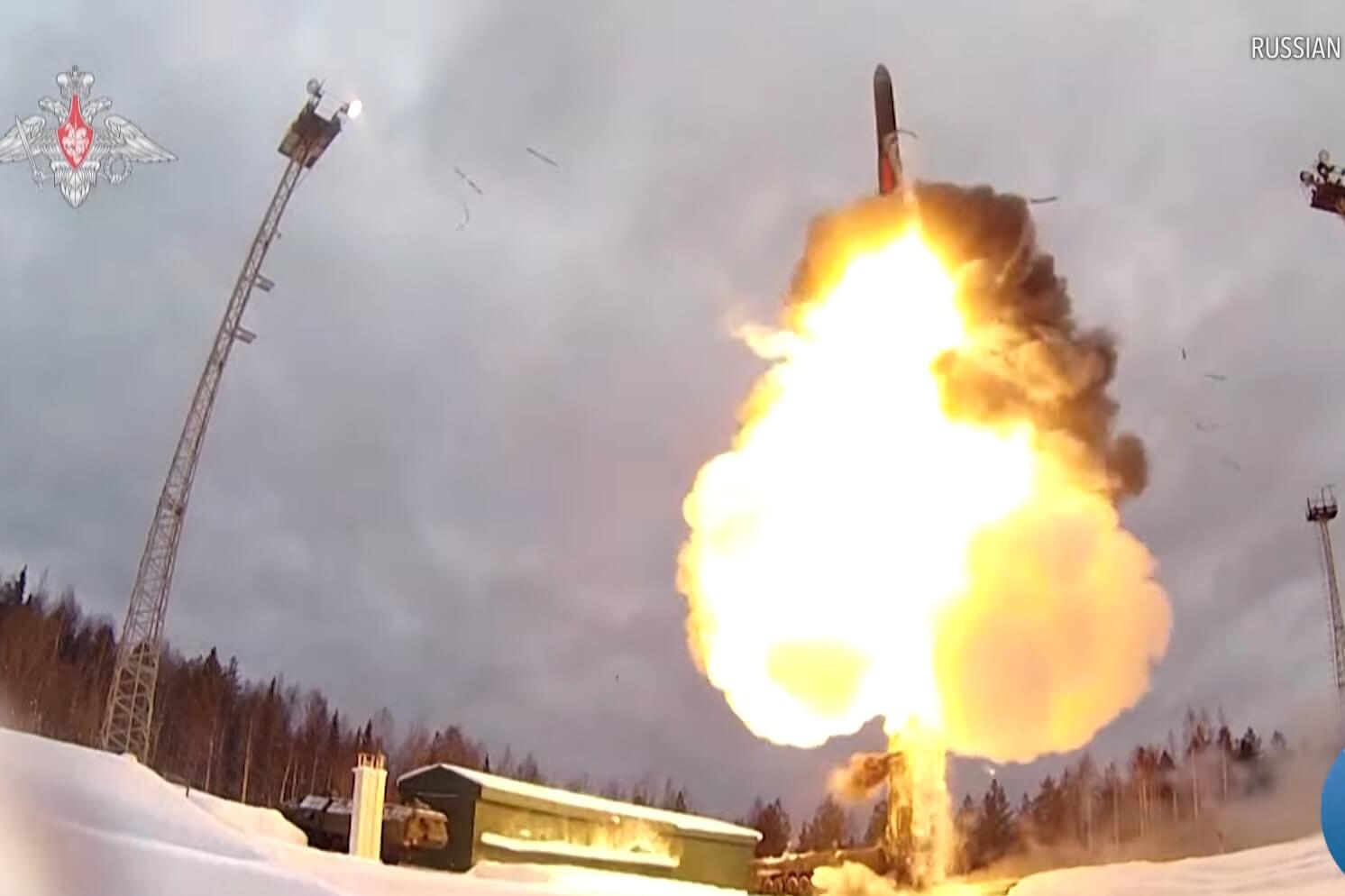[ad_1]

Bitcoin (BTC) and other major cryptoassets still follow the stock market as investors are now assessing Russia’s aggression towards Ukraine and the impact of Western sanctions on Russia.
Both traditional and crypto markets went lower after Russian President Vladimir Putin yesterday formally recognized two rebel-controlled regions in Ukraine as independent states.
As of 16:49 UTC, BTC traded at USD 37,667, down 3% for the day and 12% for the week. The coin sank as low as USD 36,350 earlier in the day and recovered above USD 38,100 before moving lower again.
At the same time, ethereum (ETH) traded at USD 2,605, down 4% for the day and 11% for the week. The ETH price followed a similar path as BTC today.
US S&P 500 index futures initially pointed to a lower opening on Wall Street today, trading down more than 2% before recovery started as the US stock market opened, and then fell again. As of 16:49 UTC, the S&P 500 index was down 0.5% for the day.
Meanwhile, in Russia’s domestic stock market, the fear of sanctions from the West was felt more heavily today, with the MOEX index down 5% at the same time, after falling more than 10% yesterday.
But although Russian markets are falling, the impact this will have on the rest of the world is likely to be limited, at least according to one notable economist.
Russia is “basically a big gas station,” Jason Furman, a Harvard University economist and ex-adviser to former President Barack Obama, told the New York Times today. He added that the country’s economy is “incredibly unimportant in the global economy except for oil and gas.”
For now, the most definitive comment that has emerged about which sanctions Russia will face has involved the controversial Nord Stream 2 gas pipeline from Russia to Germany.
“In light of the most recent developments we must reassess the situation in particular regarding Nord Stream 2,” German chancellor Olaf Scholz said at a press conference today.
From Russia, Dmitry Medvedev, the deputy chairman of Russia’s Security Council, responded by saying “welcome to the new world where Europeans will pay 2,000 euro for gas,” per Russian news agency RIA Novosti.
According to figures from Eurostat, around 41% of natural gas imports and 27% of oil imports to the European Union come from Russia.
Still, the crisis in Ukraine could potentially influence policy at the US Federal Reserve (Fed), which in turn would have a significant impact on asset prices globally, according to a note to clients by Dubravko Lakos-Bujas, Chief Equity Markets Strategist at American banking giant JP Morgan.
“[T]he Russia/Ukraine crisis could force a reassessment of the Fed tightening path resulting in central banks turning less hawkish, while policymakers may consider additional fiscal stimulus,” Reuters quoted the note as saying.
Meanwhile, the impact of the tensions on financial markets was also commented on by Mohamed El-Erian, a well-known economist and President of Queens’ College, Cambridge University, who said that markets appear to be pricing in “contained escalation” in Ukraine.
Speaking from a technical analysis standpoint, co-founder and managing partner of crypto lender Nexo, Antoni Trenchev, said in comments to Bloomberg today that the USD 29,000 level is a “last line in the sand” for bitcoin, while adding that significant buying interest is expected around USD 30,000.
In the same ballpark, Katie Stockton, founder of the technical analysis firm Fairlead Strategies, said the coin is already trading below a long-term support level of around USD 37,400. According to her, the next key support level can be found at USD 27,200.
____
Learn more:
– Optimistic Forecasts Appear Bleak as Bitcoin, Ethereum Keep Trending Lower, BTC and ETH Flows Diverge
– Bitcoin Rises with All Eyes on Ukraine, Fed’s Next Move
– Bitcoin Holders Search for ‘Hopium’ as BTC Breaches USD 40K, Gold Rises
– ‘Far More Bearish’ Survey Predicts Doubling of Ethereum Price This Year
– Brace for Green February, Kraken Tells Bitcoin Hodlers as BTC Tests USD 45K
– How Global Economy Might Affect Bitcoin, Ethereum, and Crypto in 2022
[ad_2]
cryptonews.com




